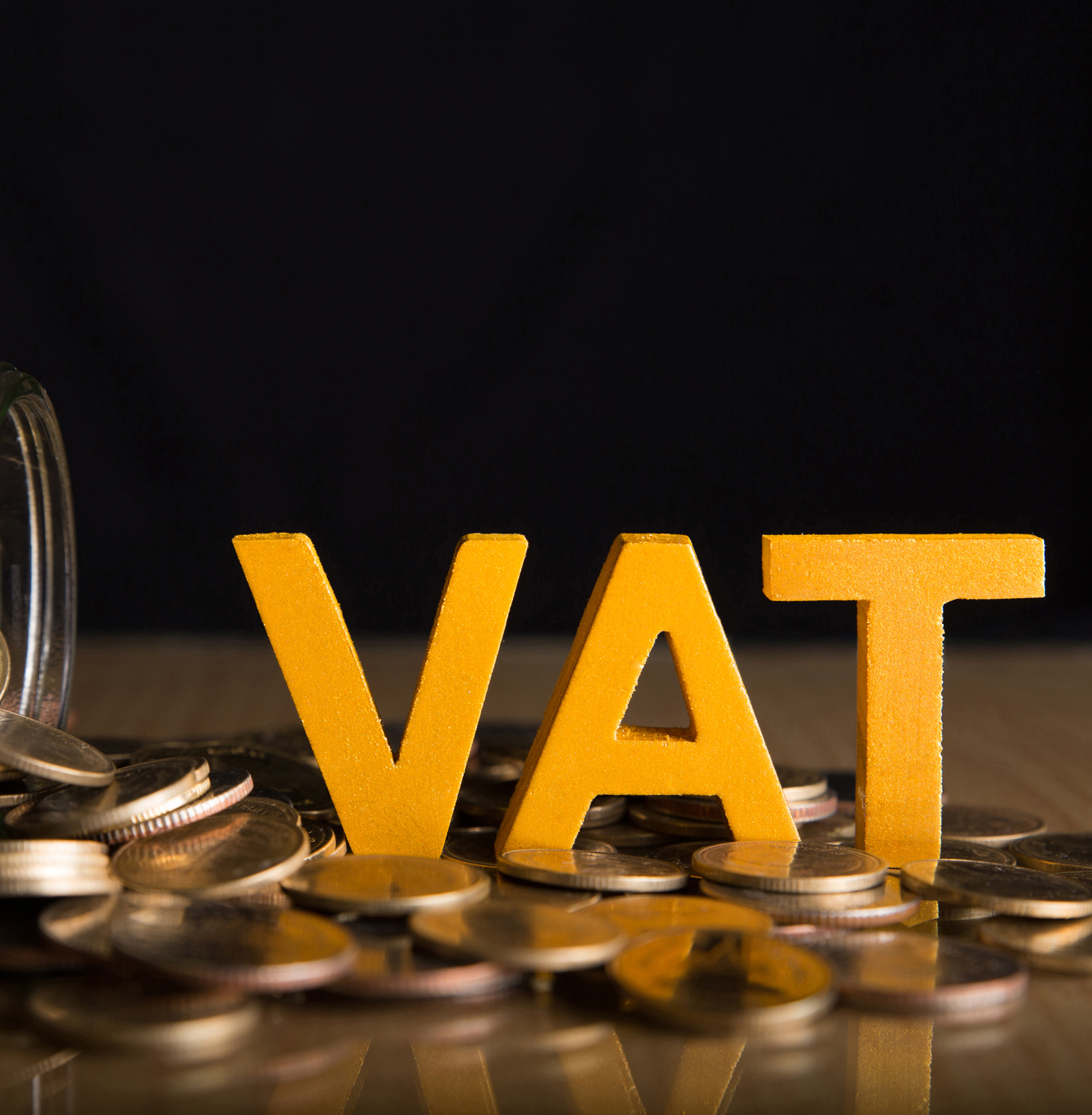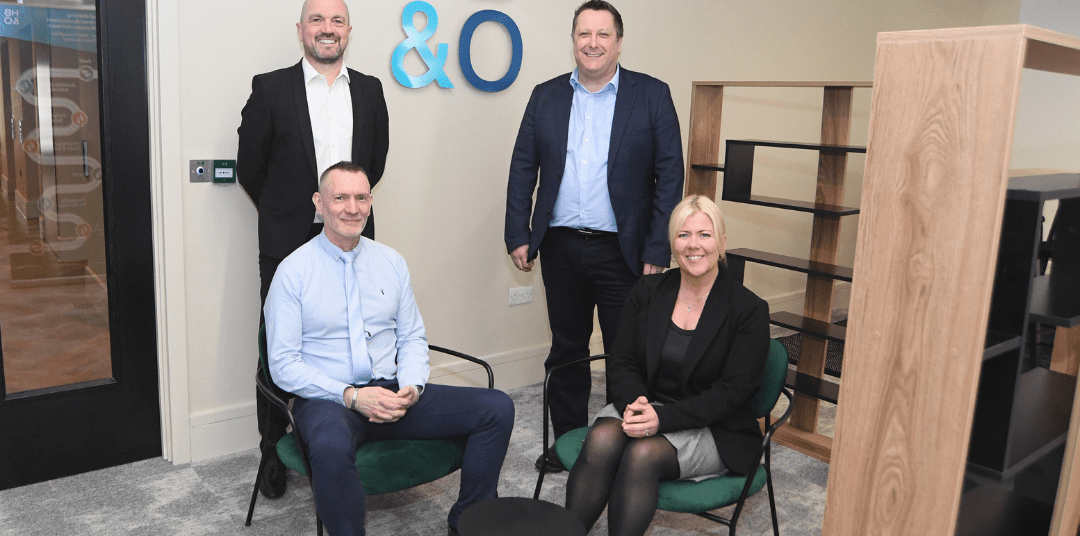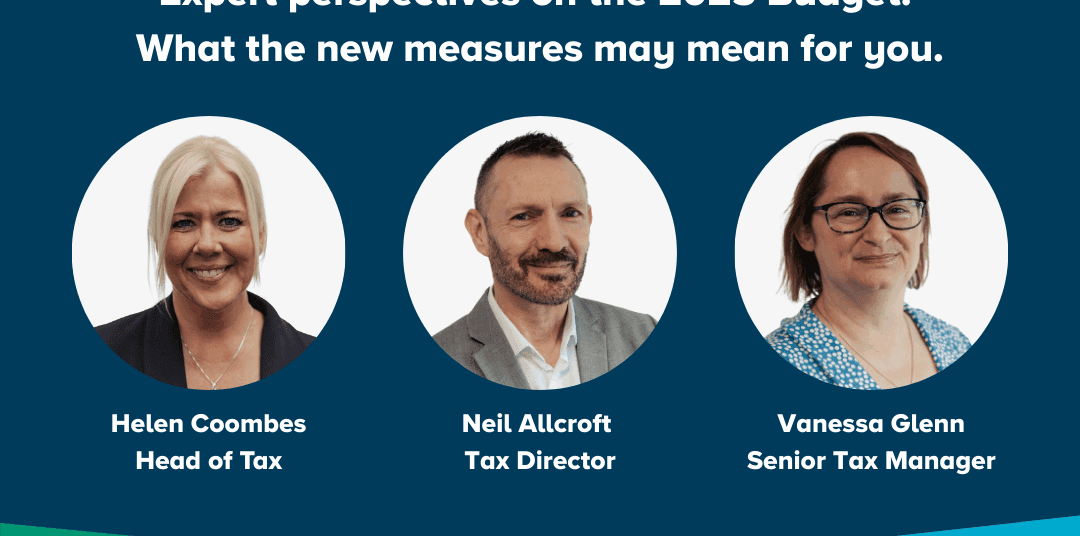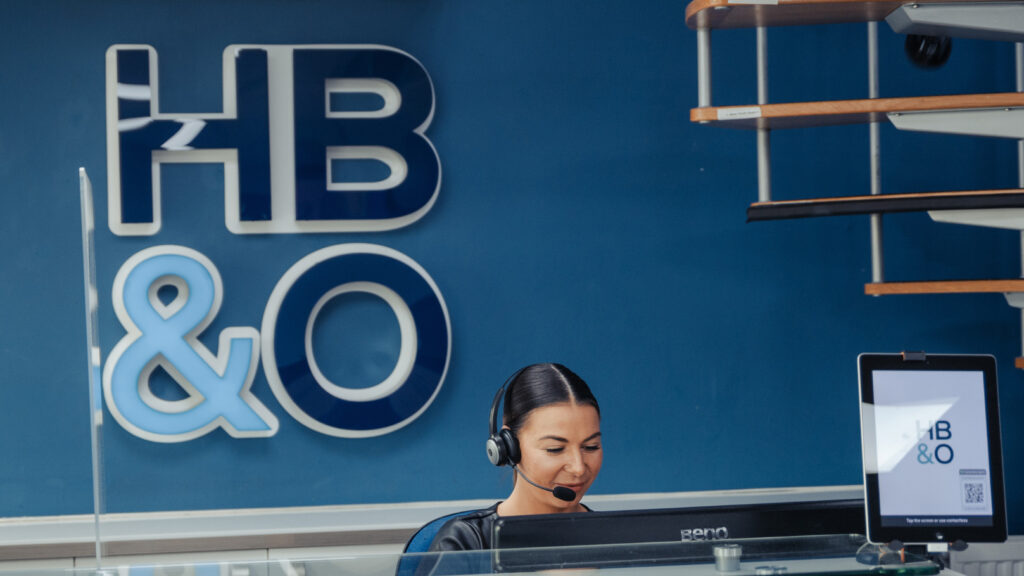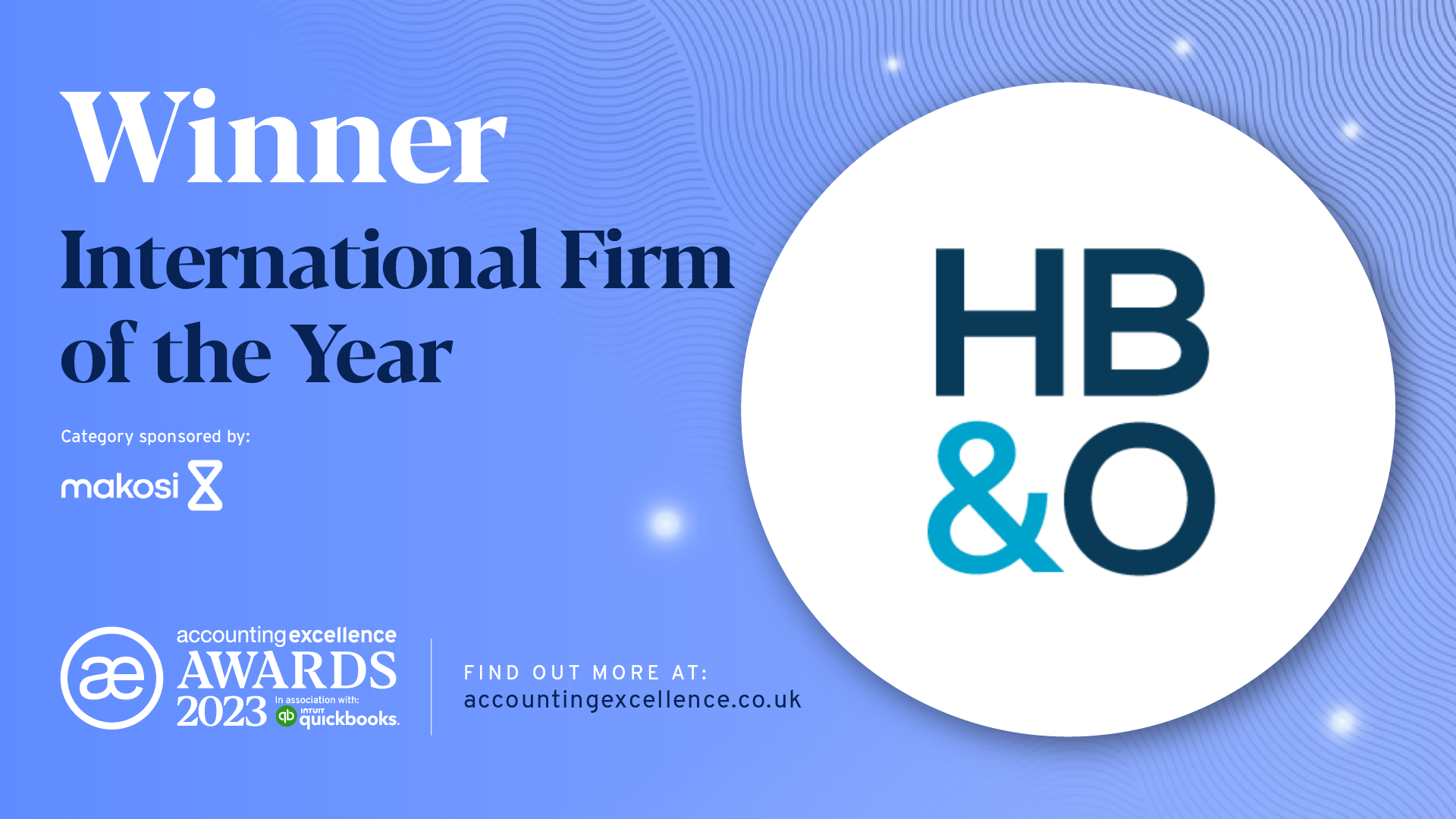Sorting out your tax registrations is one of the first things to tick off your to-do list as a new business owner. But knowing when to register for things like value-added tax (VAT) can be a confusing process for new entrepreneurs.
Here’s a straightforward summary of what you need to be aware of when looking at whether your business needs to be registered for VAT.
Why does my business need to collect and pay VAT?
VAT is a consumption tax. It is imposed on the “value added” at each stage of production and distribution of goods and services. By registering for VAT, your business becomes liable to collect the amount you have charged on your supplies, and to then pay this over to HMRC on a quarterly basis. You may also be able to claim back some of the VAT you have incurred on eligible expenses and this will offset any amount payable over to HMRC on the sales.
What is the threshold for VAT registration?
It is not mandatory for every limited company, partnership or sole trader to register for VAT. Generally speaking, a business will only register for VAT once its turnover reaches HMRC’s threshold (ie compulsory VAT registration), or if there is an advantage of being VAT registered to claim certain operational expenses (ie voluntary VAT registration).
Under compulsory registration, a business must register for VAT if:
- Its taxable turnover for any consecutive 12-month period exceeds the VAT registration threshold of £90,000.
- Turnover is expected to go over £90,000 in the next 30 days.
Who else must register for VAT?
Regardless of whether you meet the threshold test, you must also register for VAT if all of the following conditions are true for your business:
- Your business is based outside the UK; and
- You supply any goods or services to customers located in the UK (or expect to in the next 30 days);
- Or you have taken over an existing business which is already registered for VAT.
Voluntary VAT registration
If the taxable turnover for your business does not exceed the current VAT registration threshold, you can still register for VAT voluntarily.
There are two main reasons why a business might opt to register:
- Its customers are predominately other VAT-registered businesses and therefore any VAT they are charged can be recovered by them, so it makes no difference to them whether their suppliers are VAT registered or not; or
- As a result of its business activity, it will likely be in a VAT refund position with HMRC, so the business could actually be better off for being registered.
As part of the VAT registration process, some thought should be given as to whether there is any benefit to backdating the date at which you become registered. By doing so this could possibly enable increased scope to reclaim VAT incurred on expenditure in the prior 4 years for goods, or 6 months for services. However, we would recommend consulting our team on this, as backdating the registration date could also result in additional costs being incurred.
How to start the VAT registration process
- Our in-house VAT department at HB&O can register you on your behalf and help you manage your VAT affairs.
- Or you can visit the website listed here https://www.gov.uk/register-for-vat/how-register-for-vat to find out the information you will need prior to registering your business for VAT.
Talk to us about getting registered for VAT
If you are a new business, or an existing business that is getting close to the £90k threshold, please do contact HB&O VAT department, where one of our team will talk you through the registration process and what options you have available to you under the VAT registration regulations.
We will also work out your income from the preceding 12 months, can advise you on the most tax-efficient reasons for making your business VAT-registered, and can arrange to register the business on your behalf.
Email: [email protected]
Phone: 02476 306029
